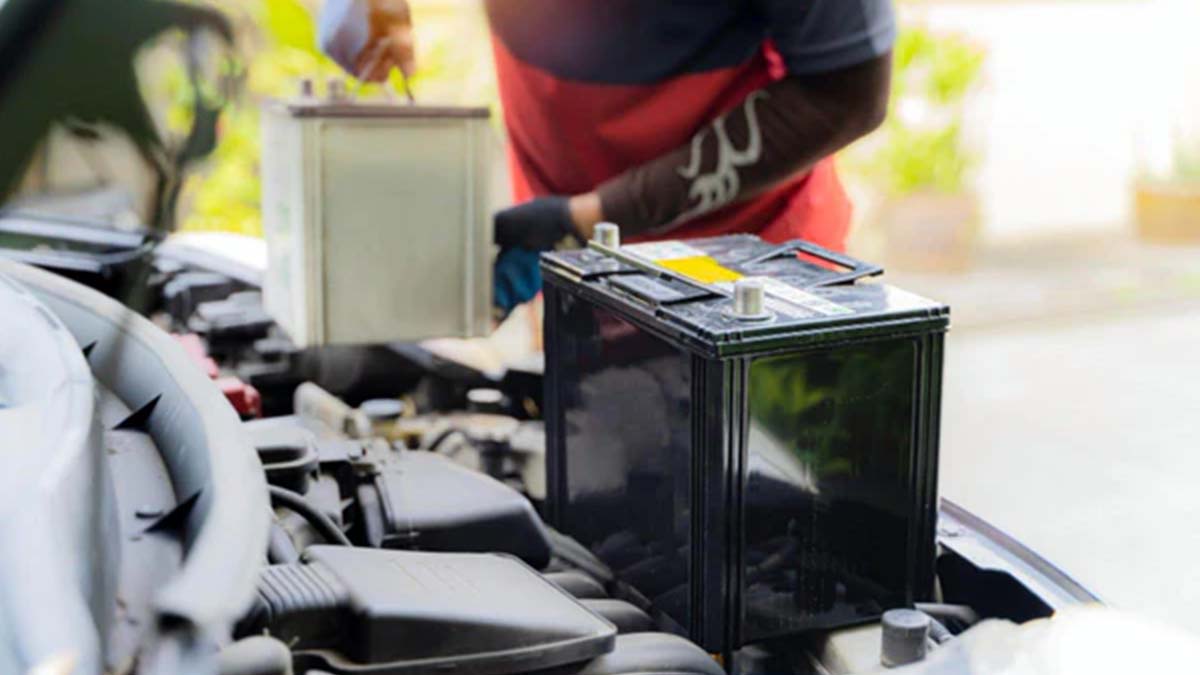
Leading automotive battery brand Motolite has issued a safety advisory to motorists and businesses alike: exercise caution should you need to store used lead acid batteries (ULABs) within your premises to prevent potential accidents that may lead to fire and contamination.
Improper storage of ULABs can cause acid spills, contamination of nearby items, and even fires. This is due to the risk of a short circuit if two battery terminals touch, or a buildup of heat and pressure that might make the battery explode.
The implementing rules of Republic Act (RA) 6969, or the Toxic Substances and Hazardous and Nuclear Wastes Control Act, lists ULABs as among the many hazardous wastes that need to be stored, transported, and disposed of properly due to their environmental, health, and safety implications.
Unfortunately, motorists sometimes opt to keep their old batteries instead of trading them in for a discount when they buy new ones. They keep them for lighting or power purposes, passing on to relatives, or for use as spare batteries. Meanwhile, public and private entities store their ULABs as they wait for accredited transporters to pick them up, as required by RA 6969.
Proper ULAB storage
To ensure safe storage of ULABs, Motolite recommends taking these steps:
- Stack junk batteries on pallets and keep them upright at all times to prevent acid spillage.
- ULABs should be stacked to a maximum of five layers per pallet for stability and shrink-wrapped or strapped. Make sure the terminals of the batteries will not touch each other to prevent short-circuiting.
- Store the palletized junk batteries inside a covered facility with concrete pavement to prevent acid/electrolyte from percolating into the soil. In the absence of a covered facility, cover the junk batteries with a tent or tarpaulin to divert rainwater.
- Leaking batteries must be stored inside acid-resistant containers and closed containers such as a polyethylene bucket or drum.
- Have a curbed or bunded area coated with an acid-resistant epoxy or acid-resistant plastic sheeting to prevent acid spillage and contamination.
- Isolate ULABs from other chemicals, non-compatible goods, and combustible items.
- In case there is a need to transport ULABs, be sure to avoid mixing them with other hazardous materials in the vehicle and brace them to prevent damage and short circuits.
To free themselves of the burden of storing old batteries along with the risks that go with it, Motolite suggests that motorists and businesses reach out to a government-accredited entity for proper handling of ULABs. Motolite and its accredited recycler Evergreen Environmental Resources Inc. (EERI) can help in this aspect.
Motolite can take care of the storage, handling, transport, and recycling of the ULAB through EERI, which operates a state-of-the-art battery recycling facility in Sta. Maria, Bulacan.
Motolite has also been actively encouraging its customers to trade in their ULABs for a discount when they buy new batteries. For battery concerns and needs, motorists can contact Motolite 24/7 through their official hotlines: (02) 8370-6686 for Metro Manila, 1-800-10-370-6686 Provincial Toll Free, 0917-891-6686 for Globe users, and 0918-843-6686 for Smart.
Motorists can also avail of free Motolite services such as battery replacement, cooling down of overheating engine, tire assistance, and emergency refueling via the Motolite Res-Q App. This free-to-download app is available on Google Play, App Store, and AppGallery.
Motolite technicians will provide trade-in discounts for used batteries upon purchase so motorists wouldn’t need to store them.


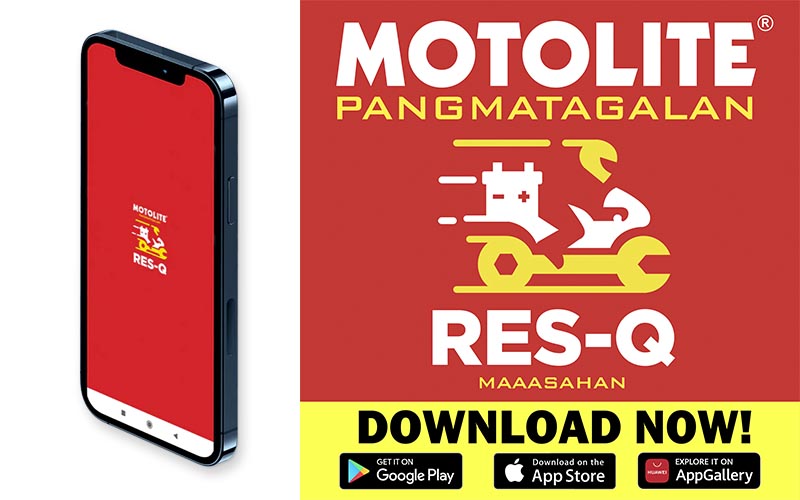












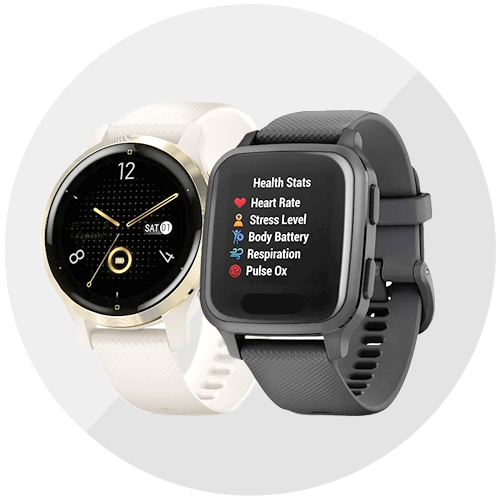
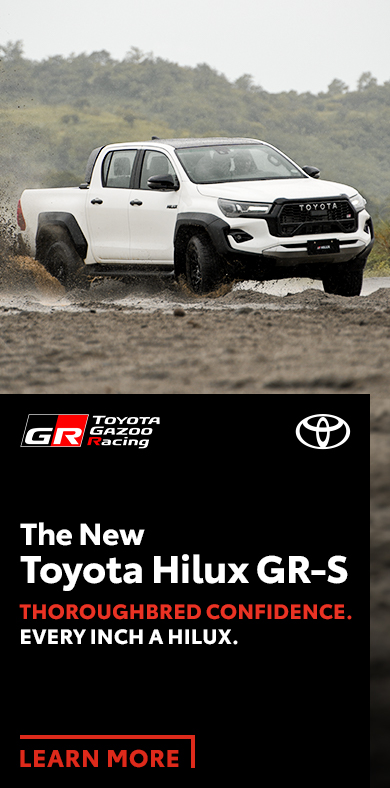
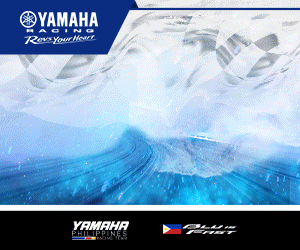
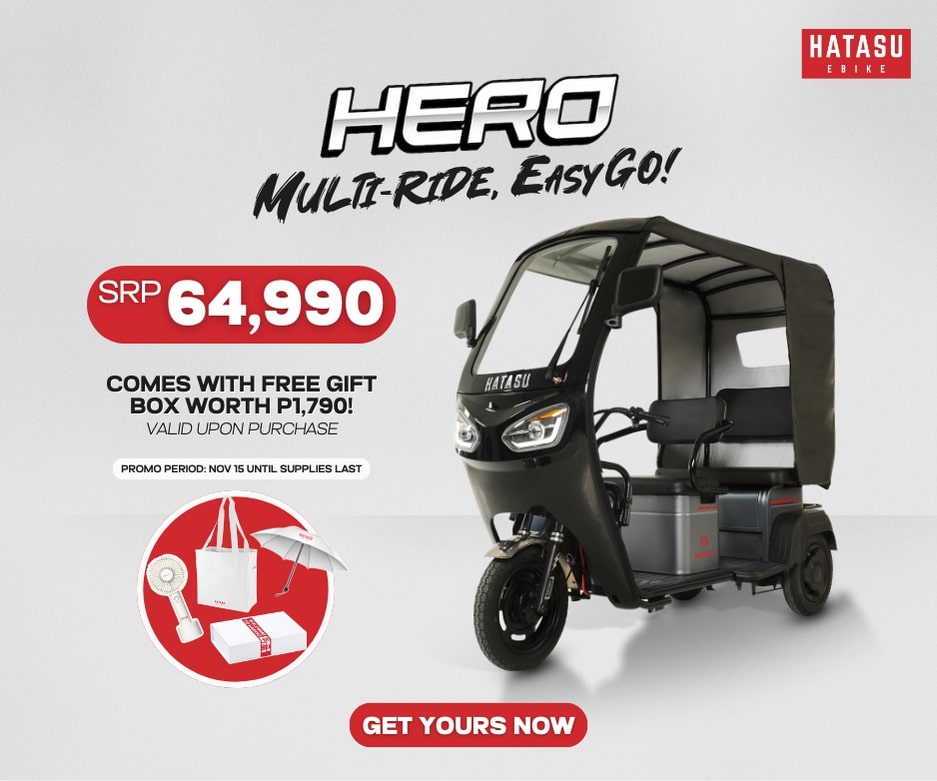

-x-250px(H)-copy (1).png)




